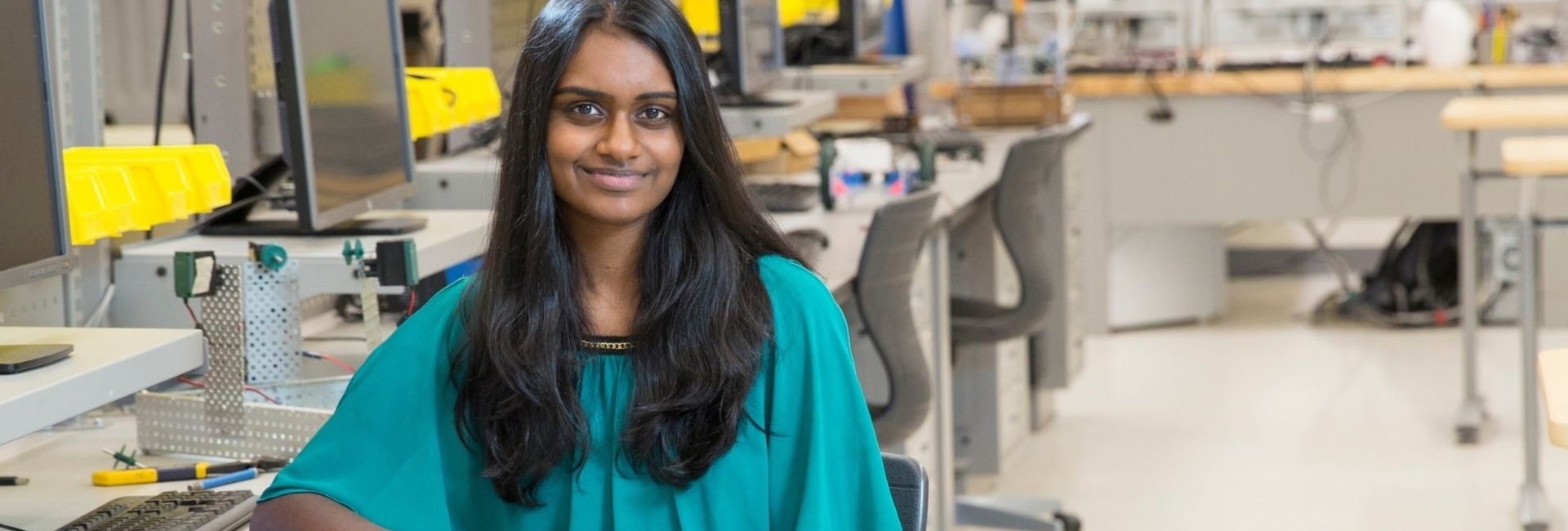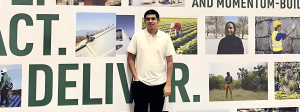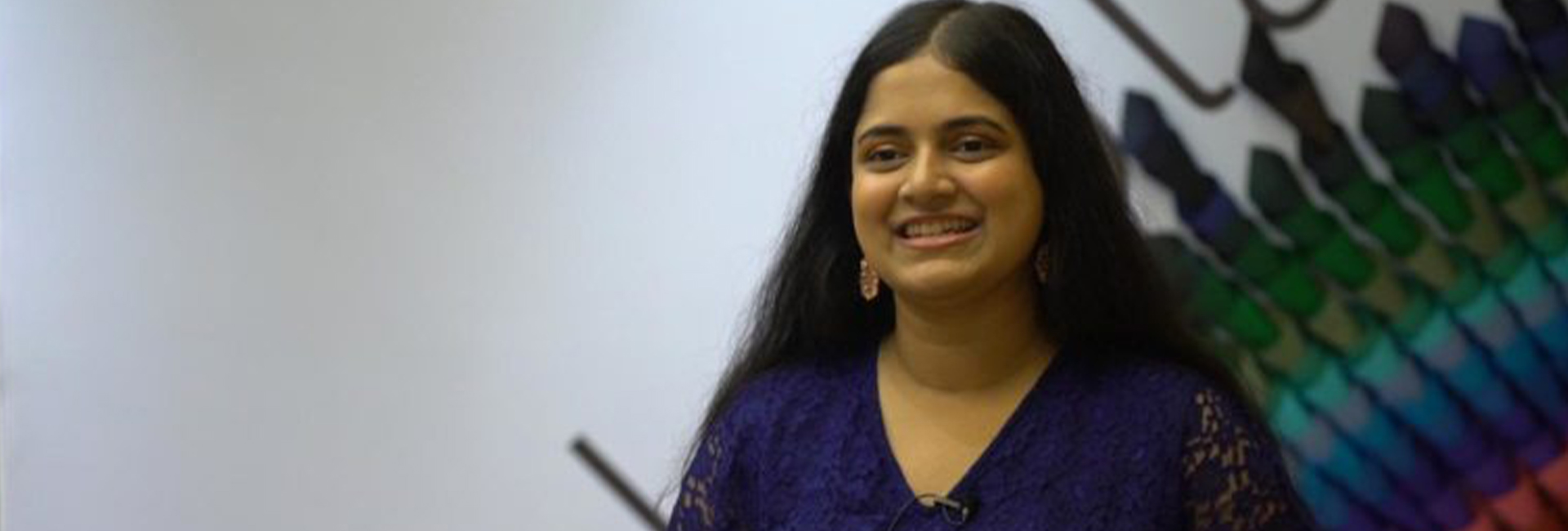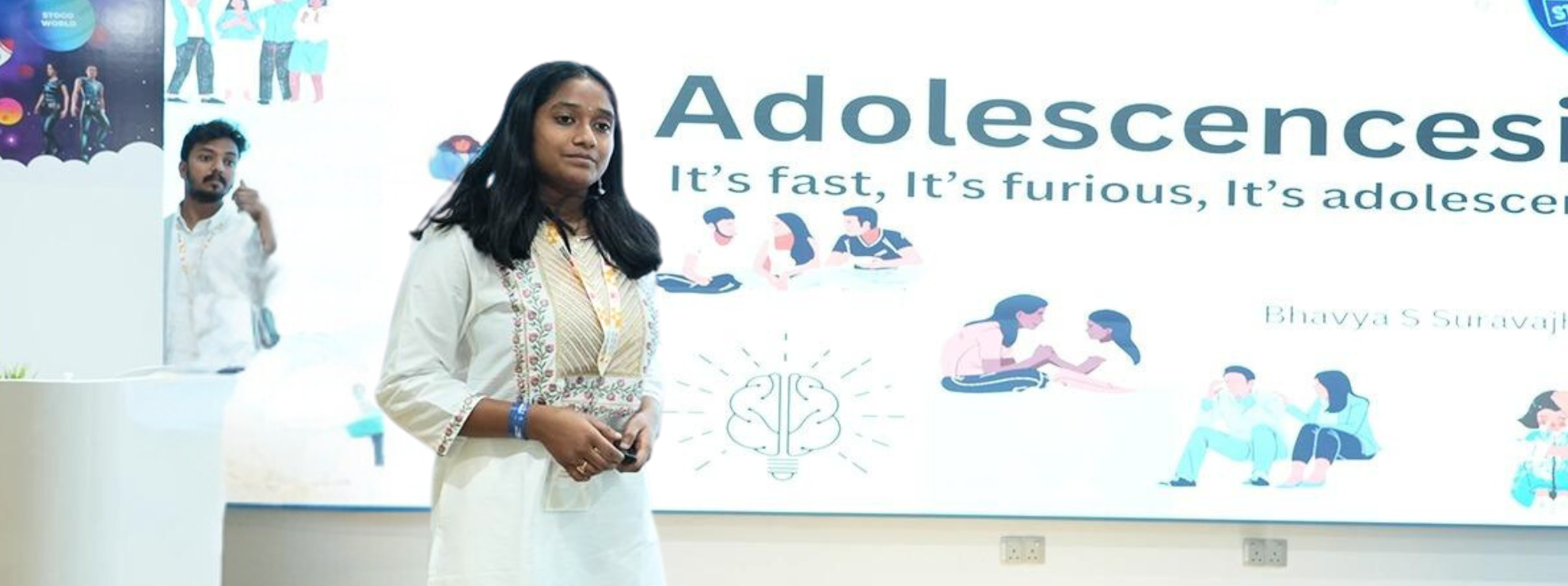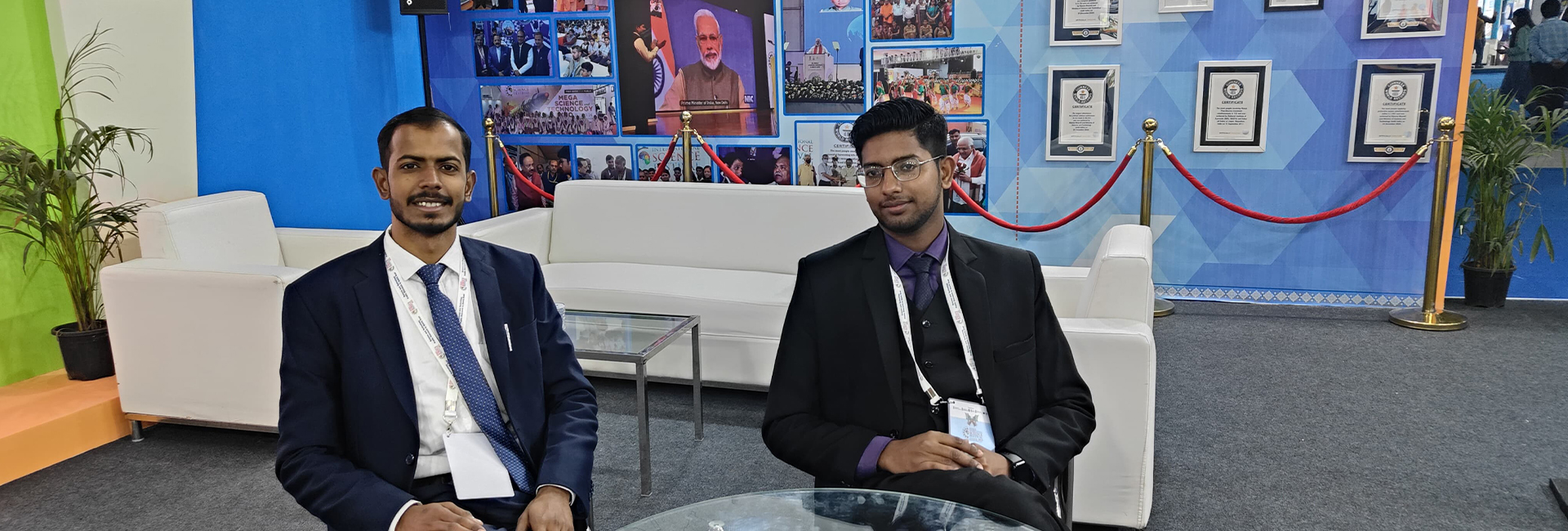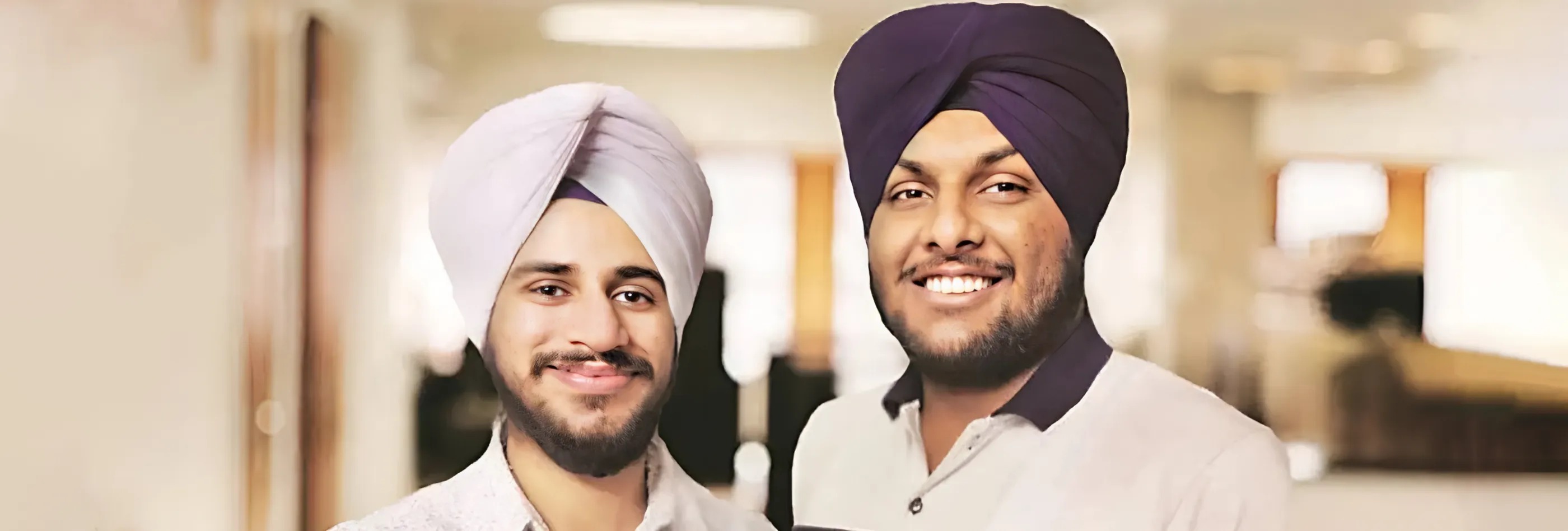(November 5, 2024) In a small clinic in India, Kaavya Kopparapu watched her grandfather struggle with diabetic retinopathy, an eye condition that can lead to blindness if left untreated. The waiting rooms were crowded, the equipment was outdated, and specialists were scarce. Observing the challenges her grandfather faced just to receive a diagnosis, Kaavya, then only a teenager, began to see how her love for science could make a difference. She wanted to address the limited access to healthcare that millions in rural and underserved areas endure. Driven by this purpose, she invented Eyeagnosis, a smartphone app that uses AI to detect signs of diabetic retinopathy from retinal images. Designed for affordability and accessibility, Eyeagnosis offered a way for local clinicians to catch early signs of vision impairment and refer patients for treatment. “The lack of diagnosis is the biggest challenge. In India, there are programmes that send doctors into villages and slums, but there are a lot of patients and only so many ophthalmologists. What if there was a cheap, easy way for local clinicians to find new cases and refer them to a hospital?” the Global Indian said in an interview.
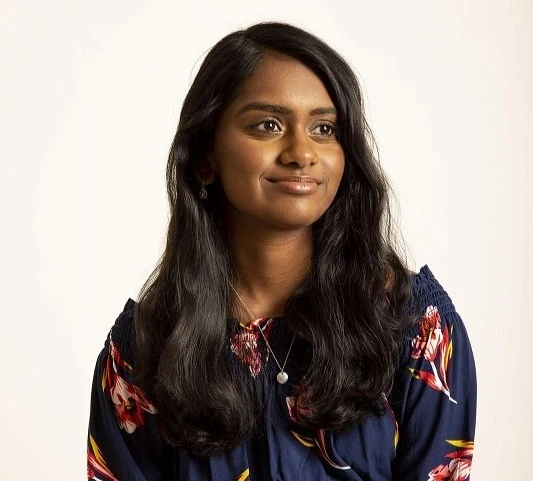
Kavya Kopparapu
This early project set Kavya Kopparapu on a path of innovation that would soon lead her to tackle one of medicine’s toughest challenges: brain cancer. In 2017, when she was still in high school, she read about US Senator John McCain’s battle with glioblastoma, an aggressive and nearly untreatable form of brain cancer. She was shocked to learn that despite decades of research and advancements in medicine, glioblastoma patients’ prognosis had barely improved in 30 years, with most surviving only eleven months post-diagnosis. Kaavya was taken aback. “To me, that was really surprising because we know so much more about the brain now, and we have so many improved chemotherapy and surgery techniques. It blew my mind that, despite all of that, we haven’t gotten any better at improving patient quality of life and prognosis,” the Harvard educated said.
The Power of AI: Introducing GlioVision
Inspired, Kaavya developed GlioVision, a groundbreaking AI-powered system that analyses brain tumor images to predict the genetic profile of glioblastomas in seconds. Unlike traditional methods that can take days and cost thousands, GlioVision delivers its predictions with 100 percent accuracy and at a fraction of the cost. Kaavya explained, “Around 40 percent of glioblastoma patients have a genetic mutation that renders the standard treatment completely ineffective. So, these patients receive all the negative side effects of chemotherapy without any of the benefits of the treatment. That shows why genetic testing is so important.”
The impact of GlioVision was profound, earning Kaavya prestigious accolades, including the 2018 Davidson Institute for Talent Development Scholar Laureate, finalist status in the Regeneron Science Talent Search, and recognition as a U.S. Presidential Scholar. TIME magazine even included her in its 2018 list of “25 Most Influential Teens.” Now, Kaavya is a research engineer at DeepMind, Google’s AI research lab, where she continues pushing the boundaries of healthcare technology.
Her passion for science ignited in middle school when she witnessed two scientists conduct an elephant toothpaste experiment at a science fair. “Basically, it’s when two chemicals are poured into a beaker together, and you get this giant column of foam that shoots up through the reaction. Seeing that as a sixth-grader, I was like, ‘Woah, that’s cool. I want to do stuff like that as a job,'” she recalled in an interview. This was the start of her journey into the world of STEM, where her love for engineering blossomed and she began to realise its potential to create meaningful change in people’s lives.
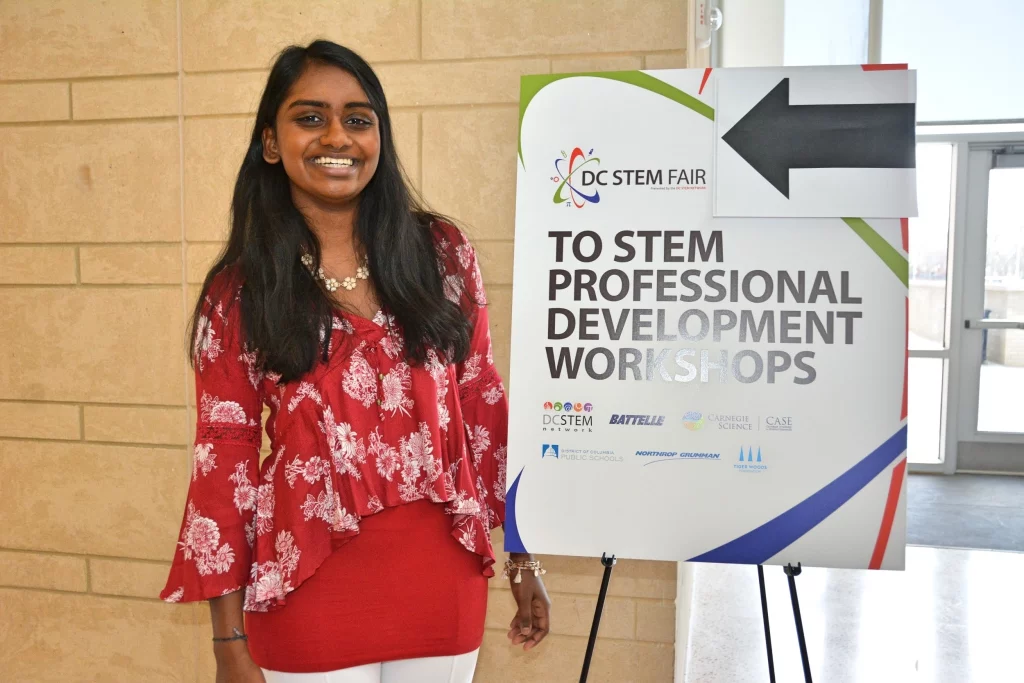

Yet, Kaavya’s journey is not just about personal achievement—it’s also a reflection of the impact that young members of the Indian diaspora are making in the US. With over four million members in the US, the Indian diaspora has been instrumental in driving innovations that address pressing global issues. And Kaavya stands out as a role model who represents the determination and creativity that are common in her community. By addressing the problems of glioblastoma and diabetic retinopathy, Kaavya is helping future generations of Indian Americans to explore careers in STEM fields and make a positive impact in both India and the US.
Championing Diversity: The Girls Computing League
In addition to her groundbreaking research, Kavya Kopparapu is committed to promoting inclusivity in technology through her work with the Girls Computing League, a nonprofit she co-founded. Dedicated to empowering girls and students from low-income backgrounds, it aims to increase diversity in the tech field by providing access to advanced computer science education. “We’re really focused on teaching emerging technology to students across the world,” she states. The organization has made remarkable strides, operating in 15 U.S. states and even extending its reach to Japan. By organizing coding clubs, AI conferences, and teacher development workshops, the Girls Computing League encourages young minds to explore the potential of technology and innovation. “Being able to directly interface with the people that I’m impacting at our events has been amazing. They’re the whole reason that I do it.”
Kavya’s journey from a concerned granddaughter in India to a pioneering innovator in the U.S. exemplifies the transformative power of science and compassion. Her groundbreaking work in AI-driven healthcare not only addresses critical issues like glioblastoma and diabetic retinopathy but also serves as an inspiration for young people, particularly within the Indian diaspora, to engage in STEM fields.

